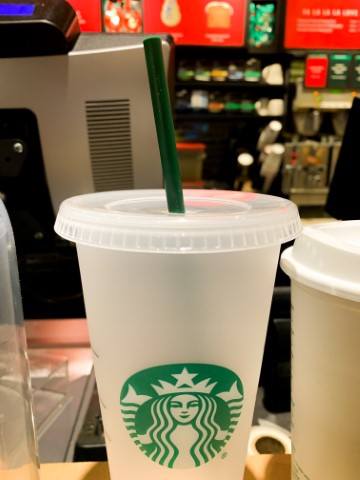
Two Michaels have closed trial in China with no verdict announced
By Jessica Berget, Assistant Editor
In an act of solidarity, 28 diplomats from 26 countries such as the US, UK, Germany, Czech Republic, Australia, the Netherlands, and more turned up to the Beijing courts among heavy police presence but were refused from entering.
On March 22, a secret trial was held in China for Michael Kovrig, a Canadian diplomat who was arrested in China for charges on espionage. A similar trial was held for Michael Spavor, a Canadian business executive on March 19 and both trials ended with no announced verdict—a move that PM Justin Trudeau calls “completely unacceptable.”
It is widely believed that China detained these two Canadians (the two Michaels as they are referred to) in retaliation for arresting Meng Wanzhou, Huawei’s Chief Financial Officer (CFO) and daughter of the company’s founder, for fraud charges (which her and the company deny). China arrested and has detained the two Michaels since December 2018 after Wanzhou was arrested by Canadian border security on a US warrant for going against sanctions in Iran. The city of Beijing insists that the arrest of the two Canadians is not tied to Wanzhou. Meng Wanzhou is currently fighting her extradition to the US while under house arrest in Vancouver.
Beijing Second People’s Intermediate Court says Kovrig faces charges for spying on state secrets and giving information outside of the country and that the verdict for Kovrig and Spavor’s trial would be announced “at a selected time, according to the law.” The court also claims the trials were held under wraps as they involved state secrets and information. Jim Nickel, the chargé d’affaires at the Embassy of Canada in China says this secrecy is worrisome. “We’ve requested access to Michael Kovrig’s hearing repeatedly but that access is being denied. “Now we see that the court process itself is not transparent. We’re very troubled by this.” China’s courts have over a 99 percent conviction rate.
In an act of solidarity, 28 diplomats from 26 countries such as the US, UK, Germany, Czech Republic, Australia, the Netherlands, and more turned up to the Beijing courts among heavy police presence but were refused from entering—and the Canadian government says is a violation of diplomatic agreements.
Meanwhile, on March 17 in BC’s Supreme Court, Wanzhou’s lawyers are arguing that her basic rights were violated when she was arrested in Vancouver International Airport in 2018. They claim she was held for three hours by Canadian border security officers before being told of her arrest and right to a lawyer and that her devices and passcodes were obtained without proper authority. On March 24, the Crown stated that the Canadian border agency was acting reasonably when they arrested her and seized her phones. Then, on March 26, the Crown stated that the breach of rights were not enough to bypass the extradition.
To exacerbate the already tense relationship between the West and China, Canada has joined the US, UK, and EU in applying sanctions against Chinese officials who are believed responsible for persecution of Uyghurs and Muslim minorities in the Xinjiang region.


